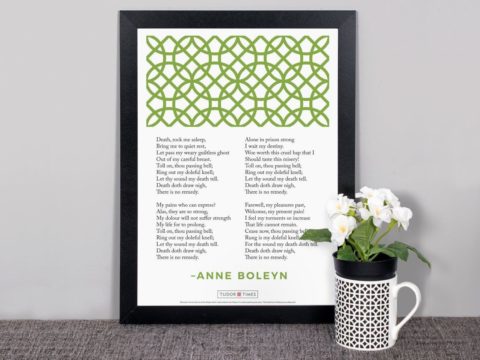Mary, Queen of Scots: Life Story
Chapter 13 : Marriage Plans
Mary, like all sovereigns, needed an heir. Not only that, but she needed support and companionship. To be a monarch was a lonely status, and she needed a spouse on whom she could rely. Whilst Queen Elizabeth was still prevaricating over marriage, her example of reigning forever single was not an established position that Mary could point to as a successful solution to the problem of a female sovereign marrying.
Female sovereigns in other countries had all married – with results that were better or worse depending on their characters and circumstances. The union of Isabella of Castile and Ferdinand of Aragon had been a markedly successful one, that of Jeanne III of Navarre with Antoine of Bourbon less so, whilst that of Mary I of England to Philip II of Spain had been unpopular. To marry a foreign sovereign would leave Mary as a part-time wife, but to marry a subject of Scotland would create jealousy, as it was assumed a husband would have sovereign power. To marry the subject of another country might result in that country’s interests being put first.
There was also the question of the religion of a potential husband – a Catholic might suit Mary, but would aggravate her Protestant nobles, whilst a Protestant husband might damage the queen with her allies and family in France.
Added to the mix was Mary’s desire to win the support of Elizabeth. If she could pick a husband Elizabeth approved of, that might help with the bid to be named the English heir – on the other hand, she could not slavishly follow Elizabeth’s orders, lest it undermine her own sovereignty.
Naturally, John Knox had definite views on the topic, and harangued Mary from the pulpit about the iniquities of marriage to a Catholic. The queen despaired of him – they had had a reasonably amicable meeting when she asked him to intervene in the marital affairs of the Earl and Countess of Argyll, who were at loggerheads, but now she summoned him to her presence and told him that her choice of husband was a matter for herself as sovereign. The minister claimed he had the right as a minister of God to rebuke her, and point out the evils of such a match – however little, he added, that he liked seeing her cry. The furious and overwrought queen dismissed him from her presence.
Elizabeth made it clear that a marriage to the Spanish heir, Don Carlos, or to the Archduke Charles, would be considered an unfriendly act on Mary’s part, as would any other match of which Elizabeth disapproved. The English queen, however, would not tell Mary whom she did want her to marry.
Eventually, Elizabeth came up with a name – Lord Robert Dudley. Mary was aghast: Lord Robert, as well as being the son and grandson of executed traitors, was rumoured to have murdered his wife so that he could marry Elizabeth. All Mary’s envoy, Sir James Melville, could say to this bizarre, not to say insulting, offer of Elizabeth’s second-hand lover (as many thought Lord Robert to be) was to say that Mary would not dream of depriving her cousin of her friend.
But Elizabeth appeared to be serious. Her ambassador in Edinburgh, Thomas Randolph, received instructions to inform Mary that any match to a French, Spanish or Imperial husband would be unacceptable, and to hint that Elizabeth had a husband in mind, although Dudley was not formally offered until March 1564.
Don Carlos was withdrawn from the marriage market – probably because his mental state made it impossible for him to be married to anyone, reducing Mary’s options.
Mary did not reject marriage to Dudley out of hand, seeming to consider that she might go through with it if it came with a promise of being named Elizabeth’s heir, and negotiations began. Dudley was promoted to the title of Earl of Leicester. He, himself, seems to have been horrified at the idea, no doubt for a multiplicity of reasons, but probably fearing that an Englishman of not very high birth, would encounter difficulties as King of Scots.
Mary, Queen of Scots
Family Tree
